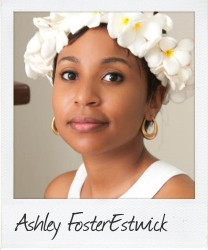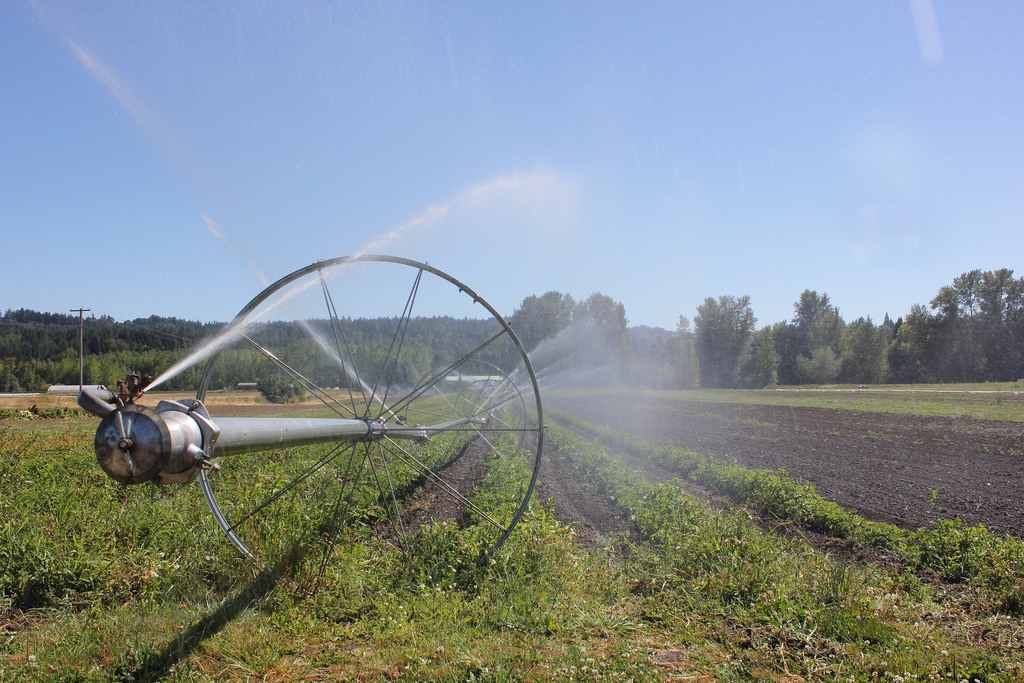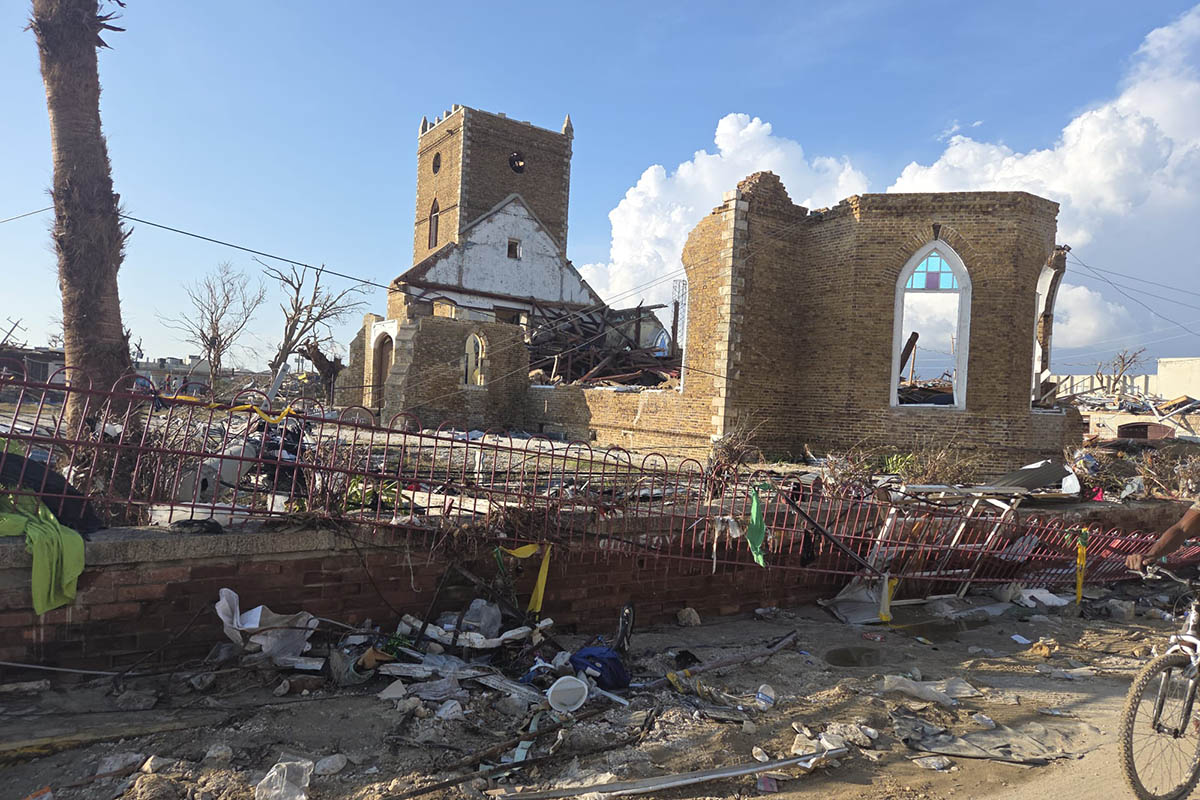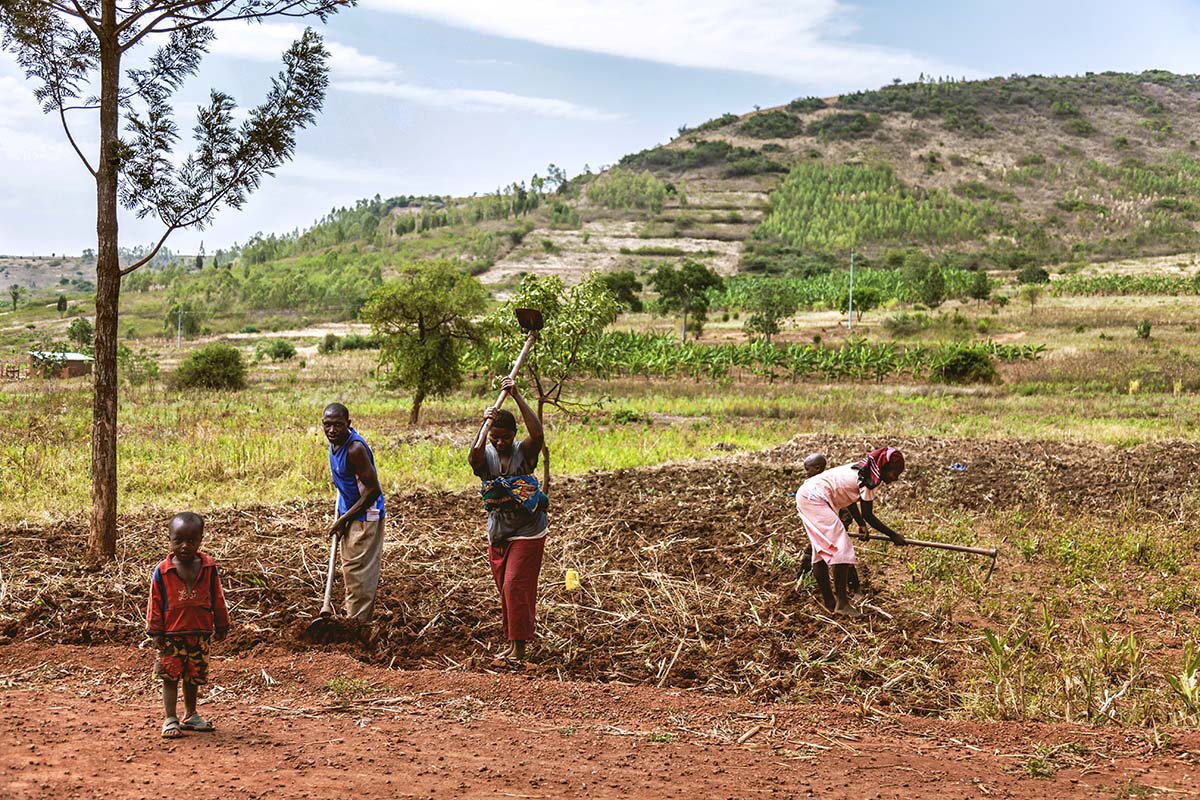“Water conservation is critical to agriculture”
December 7 As Barbados prepares to celebrate its 50th anniversary of independence, Ashley Foster-Estwick, 25, a Correspondent from Barbados, looks at the water crisis that affects residents, government and the agricultural sector.
As Barbados prepares to celebrate its 50th anniversary of independence, Ashley Foster-Estwick, 25, a Correspondent from Barbados, looks at the water crisis that affects residents, government and the agricultural sector.
As the festivities move into full swing, attracting thousands to our shores and boosting patriotic sentiments, there is another side to the Barbadian sentiment.
It’s the hundreds of residents concerned about the ‘water crisis’, the members of the Government’s opposition party who have declared the frequent water shortages a ‘ national crisis’, and an often overlooked minority – Barbadian farmers whose very livelihood is at stake and who support the negative outcries of the Barbados Agricultural Society.
I asked myself if these claims of apocalyptic proportion are relevant. There is indeed a drought affecting not only Barbados but neighbouring islands in the Caribbean. El Nino, which began in 2015, has triggered deficits to the Barbadian water supply. On an island where the agricultural sector is the main user of water, the impacts can be far-reaching. On an island with no fresh water supplies, worry can be expected – but for a country on the eve of its Golden Jubilee to be importing water from Suriname on an experimental basis, public interest on this topic is necessary.
Barbados imports tremendously more than it exports and when we consider the current import commodity at stake, negative public outcries should be considered and rationalised.
Barbados has always boasted of its easy access to potable water. The first island to have piped water, at school teachers informed us that due to the coralline nature of the island our water supplies were the cleanest on earth. But as two million litres of surface water crosses the seas from Suriname to arrive in Barbados, what has occurred in the past decade to have led the island to this state of affairs? In this sorry state of affairs, importing water from Suriname could result in profit for both the Surinamese and Barbadian governments, depending on the rate and to whom this water is sold to on the island. The end result, though, is negative for consumers’ pockets and particularly for some of our farmers.
Our water supplies have been abused to fit the constant demand for domestic, recreational and agrarian use. But these supplies are also neglected as the majority of Barbadians consistently fail to consider the water used to produce our home grown crops. This year, a three month water prohibition was in effect from May, with concessions for the agricultural sector. The prohibition, coupled with acute water outages in the north and eastern parts of the island, was perhaps the first time Barbadians ever considered life without constant water. Strikes occurred outside the Barbados Water Authority and social commentators debated everything from student morale at schools to no water for animals. The looming question, however, should be how can we see this issue as a call to find ways to begin to feed ourselves.
The Caribbean Drought and Precipitation Monitoring Network forecast this year’s drought to have longer term impacts on Barbados. It would be erroneous to state that Barbadian farmers have not found innovative ways to cope with this weather pattern, however, where a situation has long standing effects, revolutionary measures must be politicised. Technological innovations including LED lights and mobile applications are now ‘farmer savvy’ in other countries.
As the island boasts of 50 years of freedom, our surroundings are looking more pristine, public parks and roundabouts have been beautified, but annually the number of distressed properties increases and derelict buildings have not been renovated. The revolution of LED lighting and farming means that we will be beautifying with purpose. For every derelict building on the island, there is potential for a vertical farm. LED lights are suited to growing plants and vegetables because they generate less heat than incandescent bulbs. The use of red and blue LEDs promotes a natural photosynthesis. Vertical stacking of plants warrants a controlled environment, which means less water use.
By the time soil moisture sensors hit the market, the millennial farmers were ready to update farming practices. These sensors are available on the Barbadian market – but for a cost, and the Ministry of Agriculture has provided no incentives for farmers to use them. Soil sensors monitor the moisture in the root zone, allowing for better irrigation techniques. Not watering when the soil is adequately moisturised means the use of water can be significantly reduced. Soil monitors can also be integrated with mobile technology to allow for easier measurement readings.
Water conservation techniques must be addressed regularly in the farming industry as this drought continues. Barbadians must now re-educate themselves on water use, appreciating the gallons of water we use to live comfortably on a daily basis.
Reach me on Twitter @MissAshleyFE
Photo credit: NRCS_Oregon Minto Island Growers Organic Farm via photopin (license)
…………………………………………………………………………………………………………………
About me: I was born and raised on the island of Barbados. While writing has always been an outlet for my creative ideas or thoughts, I never fully pursued it as a career. Instead I have studied business, languages and politics.
I work in administration and management sectors, hoping to use these skills to cross over into the management of public health. My hope is to use this platform as a way to stimulate conversation with my peers and reenergise my writing.
…………………………………………………………………………………………………………………
Opinions expressed in this article are those of the author and do not necessarily represent the views of the Commonwealth Youth Programme. Articles are published in a spirit of dialogue, respect and understanding. If you disagree, why not submit a response?
To learn more about becoming a Commonwealth Correspondent please visit: http://www.yourcommonwealth.org/submit-articles/
…………………………………………………………………………………………………………………






